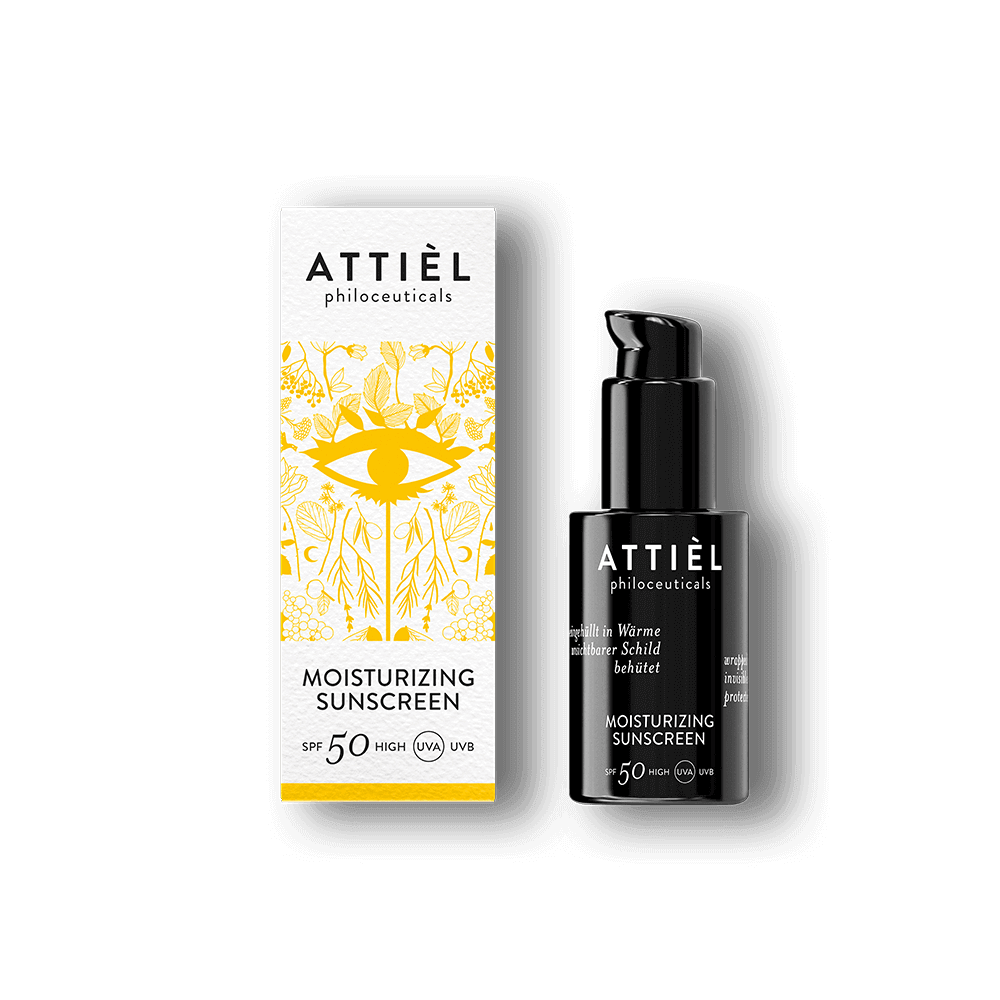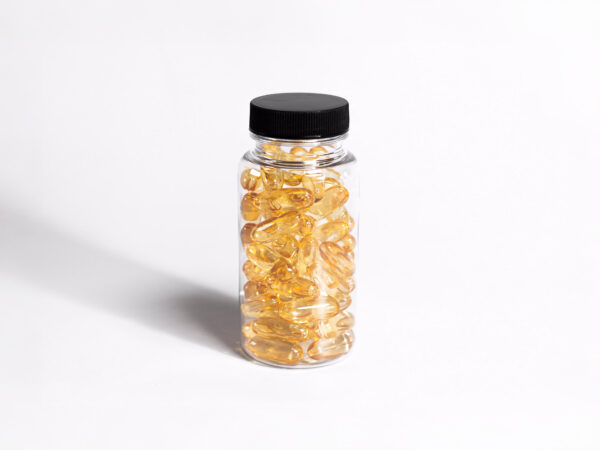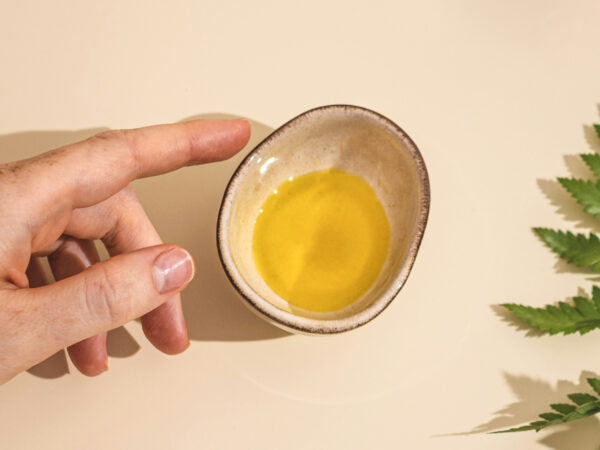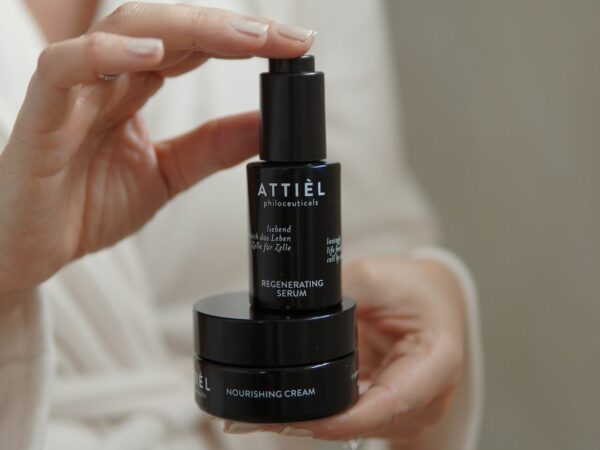Interesting facts, medical facts and all the news about the new ATTIÈL Suncare
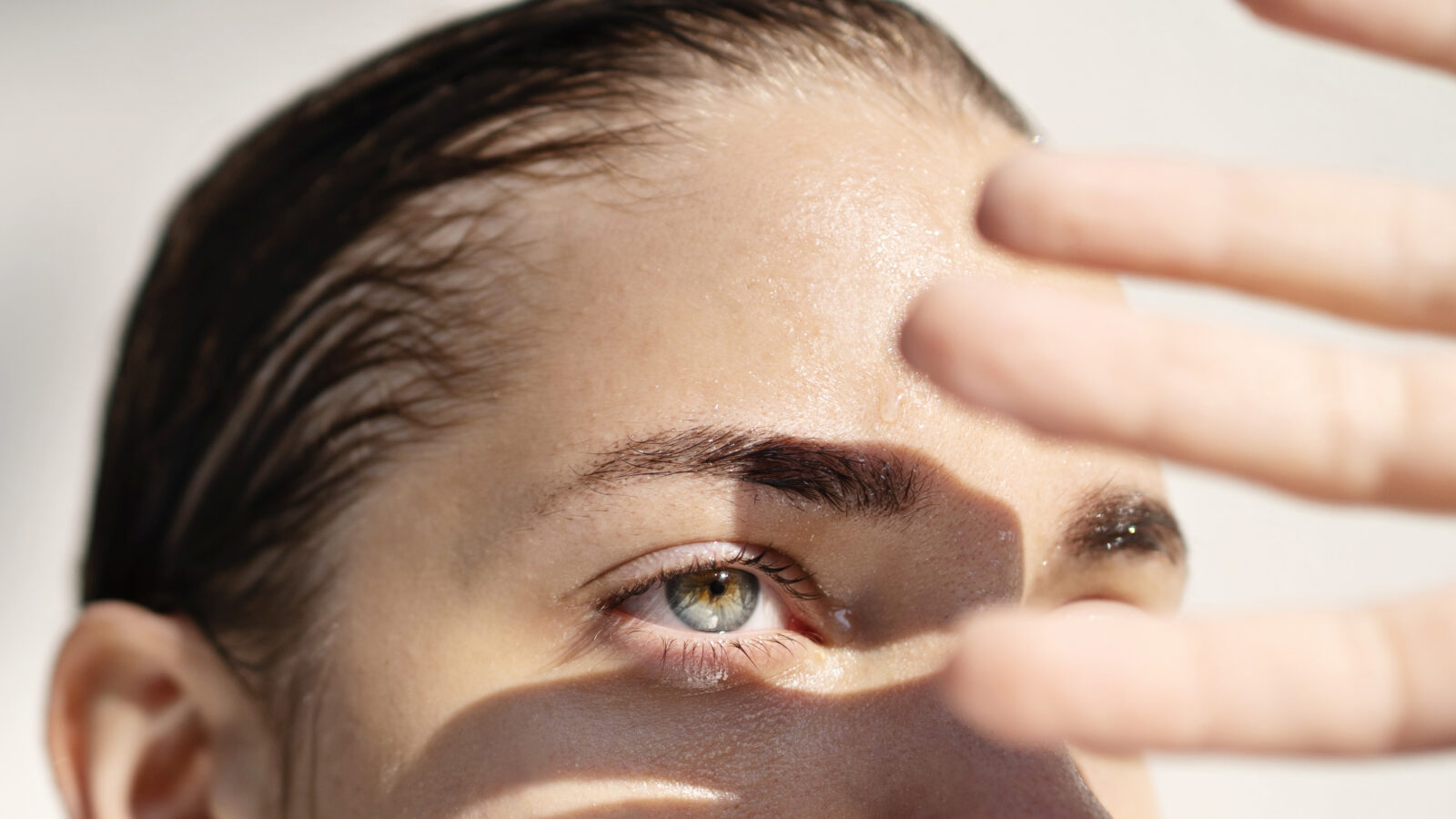
Interesting facts, medical facts and all the news about the new ATTIÈL Suncare
Most people are aware that we should protect our skin well. But what should we look out for, how do we find the right sunscreen for us and how does it work correctly? Interesting facts, medical facts and, on top of that, all the information about the new ATTIÈL Suncare.
Do I always have to use sunscreen?
There is a lot of half-knowledge on the Internet about sun protection, especially when it comes to the frequency of application. More and more people are stressing the importance of using sun protection all year round. However, this should not be generalized. For example, if you spend the whole day in the office, you don't need to apply sun protection on working days. As soon as you take your lunch break in the sunny park, sun protection is of course important again.
Chemical or mineral sun protection factor?
Both variants have advantages and disadvantages. Certified natural cosmetics must use mineral rather than synthetic sun protection. These products contain titanium dioxide and/or zinc oxide, which largely reflect harmful light rays. Mineral filters are well tolerated, but are harder to remove from the skin and often leave unsightly white marks. Natural (mineral) filters can also dry out sensitive skin more easily.
“Natural” does not automatically mean “healthy”
There are mineral filters with nanoparticles that are easier to spread on the skin. However, there is evidence that these small nanoparticles can penetrate the organism and cause health problems. It is also a fact that you cannot produce an SPF of 50 or higher without chemicals. However, we need a high SPF to optimally protect the skin from harmful UV radiation and also to prevent premature skin aging. It therefore makes sense to rely on proven medical findings and thus chemical filters.
Chemistry is not the same as chemistry
Chemical filters are not automatically bad. On the contrary, there are meaningful studies and scientific findings that confirm the very good effect and tolerability of many chemical UV filters. From a medical and skin health perspective, it is important that a sunscreen filter is not comedogenic (i.e. does not cause pimples) and does not trigger allergies. Some chemical filters can also have hormone-like effects, which also have no place in sun products. In addition, chemical filters used should not destroy corals. It is therefore important to check the ingredients in any case. ATTIÈL relies on compatible ingredients without harmful chemical filters to ensure maximum safety and effectiveness.
What exactly do UVA and UVB mean?
Basically, the SPF only indicates protection against UVB (the main cause of sunburn), not against UVA radiation. However, the majority (around 90 percent) of all UV rays that hit the earth are UVA rays. These are responsible for skin aging, allergies, pigmentation and age spots, but can also change skin cells and thus cause skin cancer. However, UVB rays also have a positive effect, namely they enable the body to produce vitamin D.
Vitamin D
Vitamin D is also often called the “sunshine vitamin.” It is advisable to take a close look at our vitamin D levels (blood test) and, if necessary, supplementation.
UVA & UVB protection
It is important that a sunscreen filter protects against all UV rays (UVA & UVB) and to do this you have to look carefully at the packaging. Looking at the SPF level alone is not enough.
Environmental impact: Coral protection
There are UV filters that have been criticized for damaging coral reefs. According to current studies, these are mainly oxybenzone, octocrylene, and octinoxate. When producing sunscreen, ATTIÈL naturally uses filters that do not destroy corals.
ATTIÈL MOISTURIZING SUNSCREEN
For doctor Annelies Loibl, the following factors were important in the development of the sun cream: skin compatibility, comprehensive UVA and UVB protection, feel (easy to apply, no stickiness, no film on the skin) and good environmental compatibility. The main ingredients are the chemical filters Bis-Ethylhexyloxphenol Methoxyphenyl, Diethylamino Hydroxybenzoyl Hexyl Benzoate, Phenylbenzimidazole Sulfonic Acid, the antioxidant active ingredients from the rose and elderflower water and from the pomegranate extract, the moisturizing hyaluronic acid and jojoba oil as well as the nourishing shea butter.
These ingredients have no place in sun protection
Parabens, mineral and silicone oils as well as microplastics have no place in skin care as they irritate the skin barrier and do not make a positive contribution to skin care.
The following UV filters can penetrate the organism: Benzophenone-3, Benzophenone-4, Benzophenone-5, 4-Methylbenzylidene, Camphor, Homosalate and Octocrylene, Octyl Methoxycinnamate as well as mineral nanoparticles and mixed forms such as Tinosorb M and Tinosorb A2B.
The following UV filters can cause allergies: Benzophenone-3, Benzophenone-4, Benzophenone-5, Ethylhexyl Dimethyl PABA, Homosalate and Octocrylene.
The following UV filters can have a hormone-like effect: Benzophenone-3, Benzophenone-4, Benzophenone-5, 4-Methylbenzylidene Camphor, Isoamyl Methoxycinnamate,
Homosalate, Octocrylene and Octyl Methoxycinnamate

